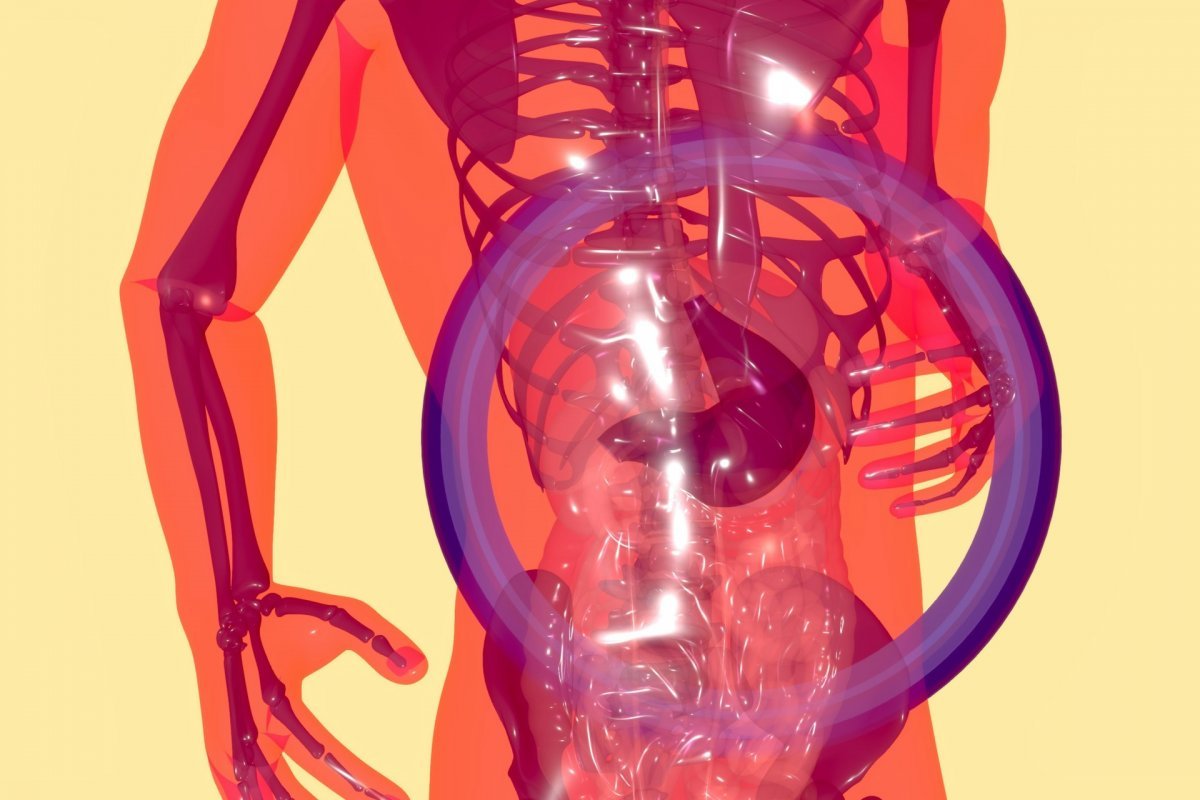
Gastroenterologist Dilyara Lebedeva recommends taking tests and undergoing a medical examination on an ongoing basis. This will help identify hidden diseases.
The first is a biochemical blood test. This is a laboratory diagnostic method that allows you to evaluate the functioning of the liver, kidneys, pancreas, gall bladder and other internal organs, identify the inflammatory process, as well as impaired water-salt metabolism and imbalance of microelements.
— Bilirubin (direct + general): normal level: 3.4 – 17.1 µmol/l. High bilirubin may indicate problems with the outflow of bile or its formation, Lebedeva noted in her blog.
Cholesterol:
HDL: 1.2 – 2.7 mmol/L, LDL: less than 2.5 mmol/L, Total: <5 mmol/L.
High cholesterol is usually associated with cholestasis, it can be caused by gallstones or liver diseases.
ALT and AST: Normal ALT is up to 42 U/l, AST is up to 37 U/l. An increase indicates liver damage.
Triglycerides and total protein. Triglycerides are elevated in viral hepatitis and cirrhosis. A reduced level of total protein indicates a decrease in the synthetic function of the liver.
Urea. Normal: 2.5-8.3 mmol/l. A decrease in level may indicate liver diseases such as cirrhosis.
Also be sure to do an ultrasound and coprogram, the doctor advises.
More about cholestasis.
This is a condition in which there is a disruption in the production, transportation or removal of bile from the liver. Cholestasis can be caused by a variety of causes, including diseases of the liver, biliary tract, or pancreas.
Symptoms of cholestasis may include:
- jaundice,
- itching,
- dark urine,
- light-colored stool,
- fatigue,
- loss of appetite< /li>
- pain in the right upper quadrant of the abdomen.
Read also: Oncologist surgeon Karasev called lack of strength a possible sign of cancer
You can also read: Gastroenterologist Vyalov warned about the special danger of beer for the stomach
Read further: Doctors called a constantly bloated stomach the main sign of the “silent” type of cancer
Important< span style="color:#fc272d;">! Information is provided for reference purposes. Ask a specialist about contraindications and side effects and under no circumstances self-medicate. At the first signs of illness, consult a doctor.
 Dilyara Lebedeva Medicine gastroenterologist
Dilyara Lebedeva Medicine gastroenterologist
